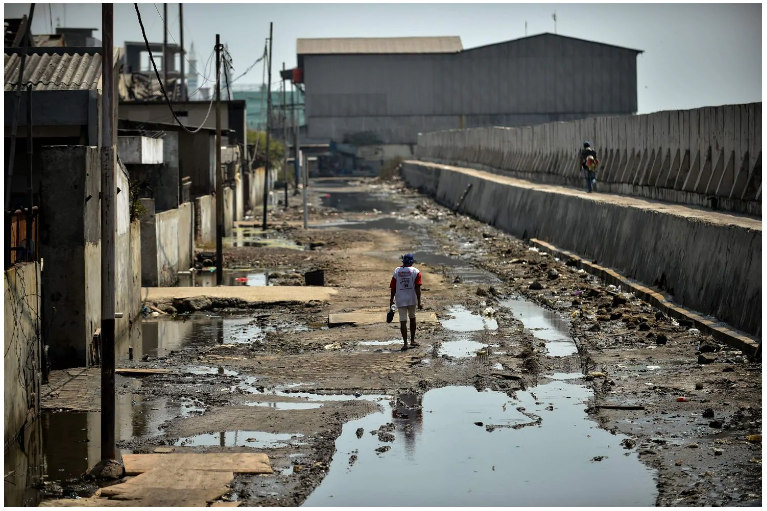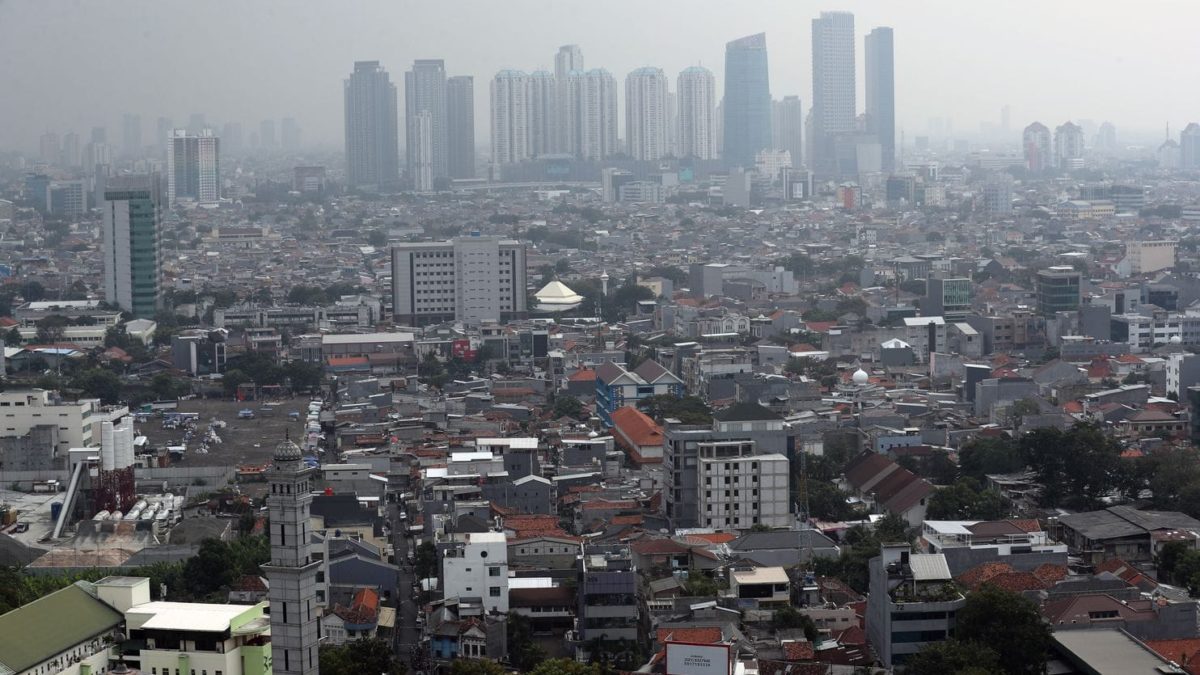JAKARTA — Indonesia is draining the swamp. A steamy, jungle-clad island best known for orangutans, pygmy elephants and oil fields is to become the site of the country’s new capital, in an ambitious plan to ease pressure on smog-choked Jakarta.
President Joko Widodo announced Monday that officials had chosen an area in East Kalimantan province, on the island of Borneo, for the as-yet-unnamed capital. Construction on the 450,000-acre site would start next year, and people would move in beginning in 2024.
Although Indonesians for decades have discussed relocating the capital, the need has become more pressing in recent years.
Rapid growth has pushed the Jakarta metropolitan region’s population to about 30 million, creating a conurbation that is highly congested and polluted. Jakarta sits at the western end of Java, the world’s most populous island, which is home to more than half of Indonesia’s 265 million people.
But perhaps the biggest problem: Jakarta is sinking. Two-fifths of the city lies below sea level, and some areas are subsiding by as much as 10 inches a year — a phenomenon caused by the digging of underground aquifers and exacerbated by climate change.
Widodo cited Jakarta’s problems in announcing the move to the new location, about 800 miles across the sea, near the cities of Balikpapan and Samarinda. But he acknowledged that Jakarta will remain Indonesia’s business and trade center.
The new site encompasses a swath of forest known as the Bukit Soeharto conservation area that is home to numerous species but is also plagued by illegal logging. The country’s planning minister said Monday that some of the land will be set aside to rehabilitate the park and protected forests.

Moving the capital won’t be easy — or cheap. Other nations — including Bolivia, Brazil, Kazakhstan and Myanmar — have done it, with varying degrees of success. The effort will cost about $33 billion, Widodo said, with the state funding about one-fifth and the rest to come from public-private partnerships and private investment.
Relocating from Jakarta “isn’t as easy as flipping your hand,” said Arya Fernandes, a researcher at the Center for Strategic and International Studies in Jakarta. “The city will still be the anchor of Indonesia’s national politics.”
The project could be viewed as Widodo’s attempt to burnish his legacy as an infrastructure-minded leader, something that has become his calling card since he took office in 2014, Fernandes said.
Critics of the plan have warned that the cost of moving the capital could be untenable. They also have pointed to previous, failed plans to move the capital elsewhere in Indonesia.
What’s more, shifting civil servants and their families to a new city in Borneo will not stop Jakarta from sinking, they say.
The government “can stop with underground water extraction, for starters, or have alternative sources besides groundwater,” said Heri Andreas, a researcher at the Bandung Institute of Technology who has studied Jakarta’s subsidence challenges. “That would be cheaper than moving the capital.”
Crawshaw reported from Hong Kong.

